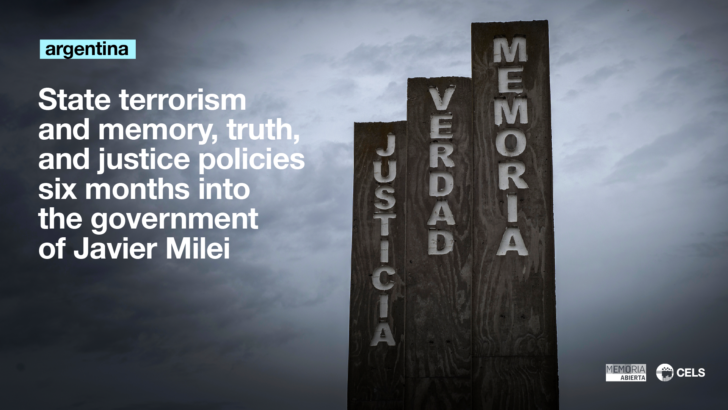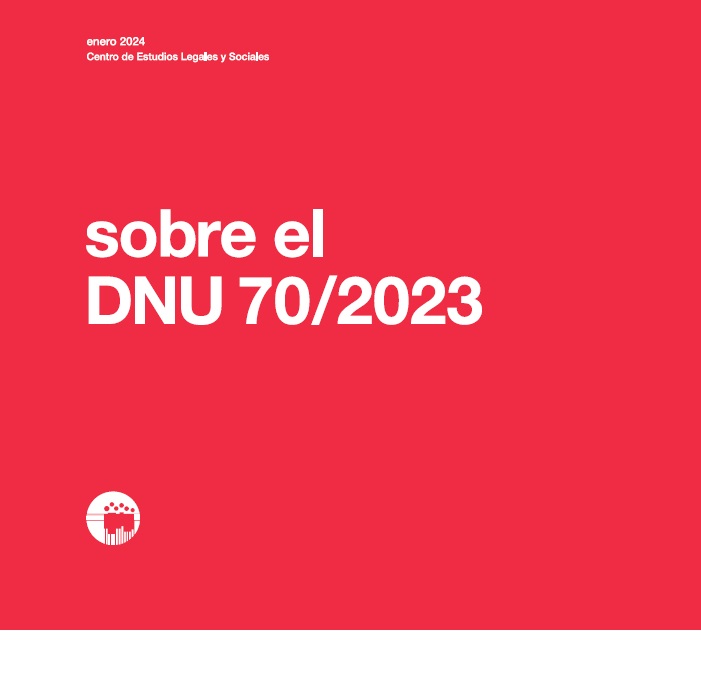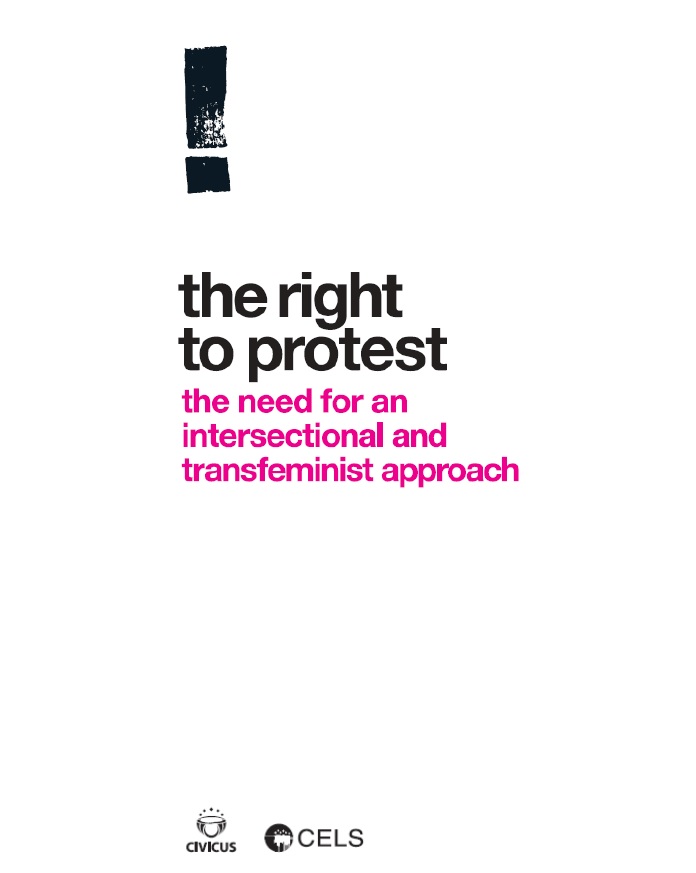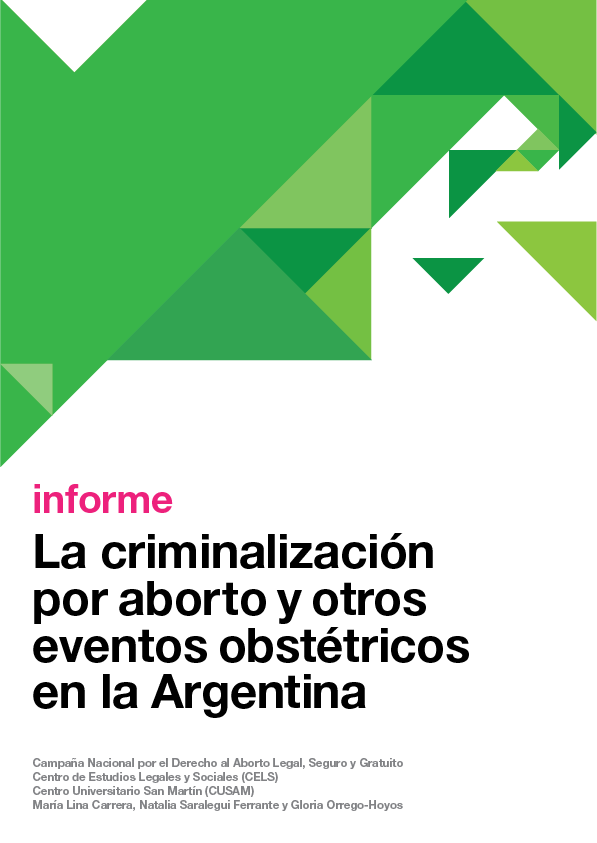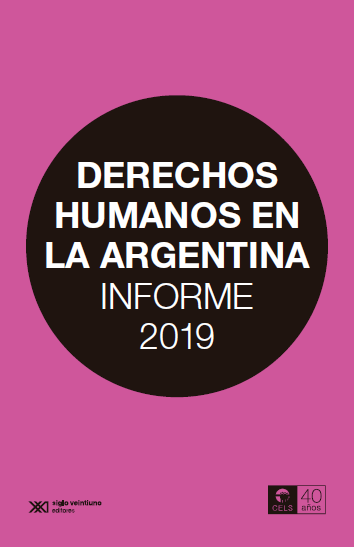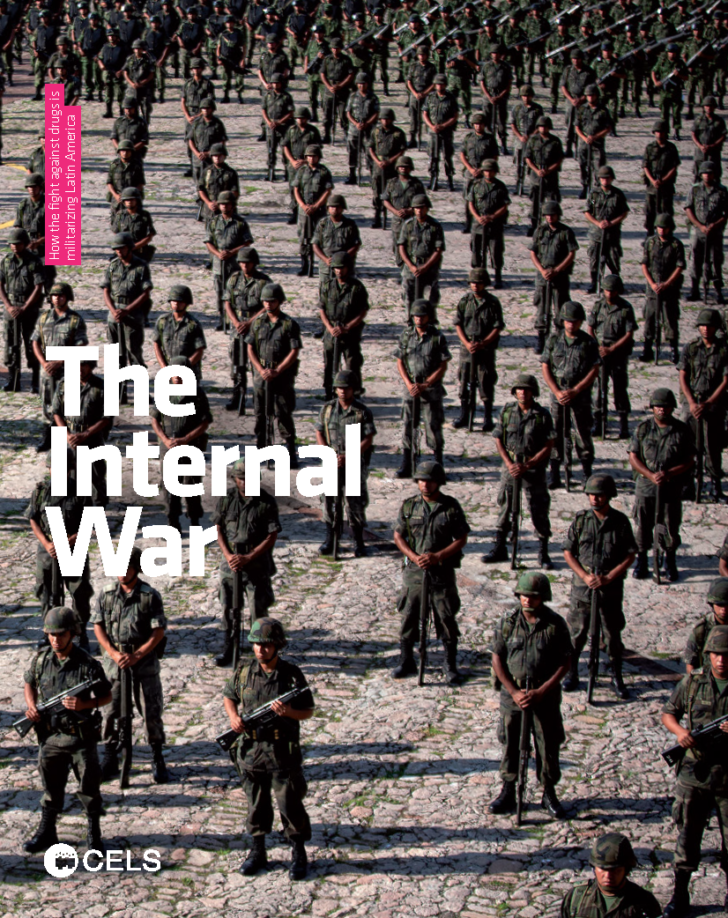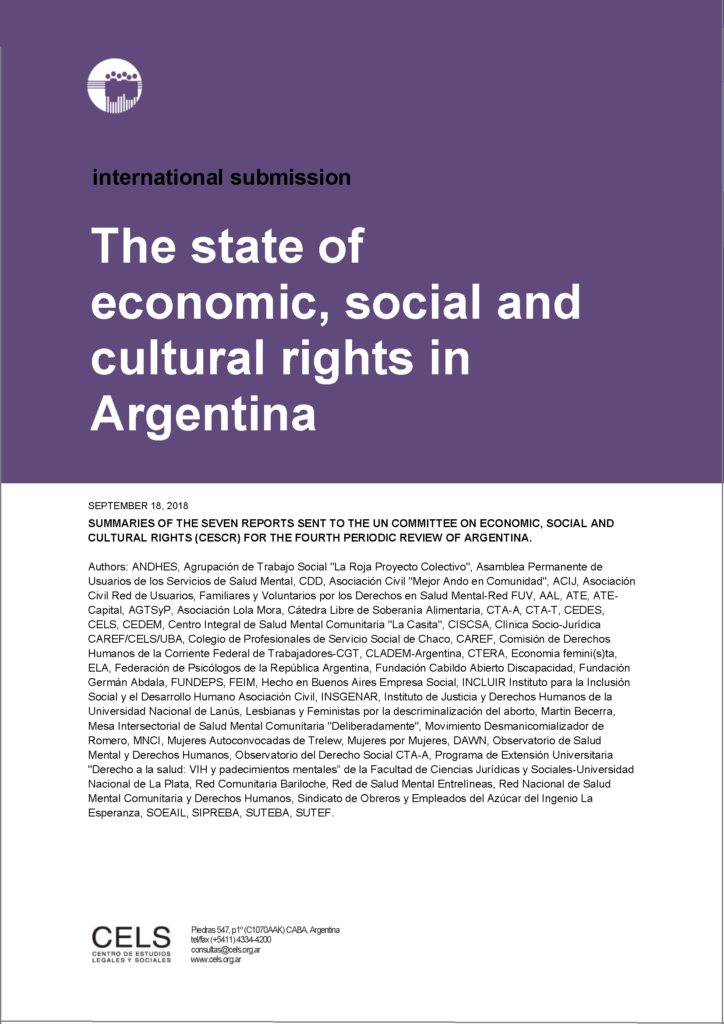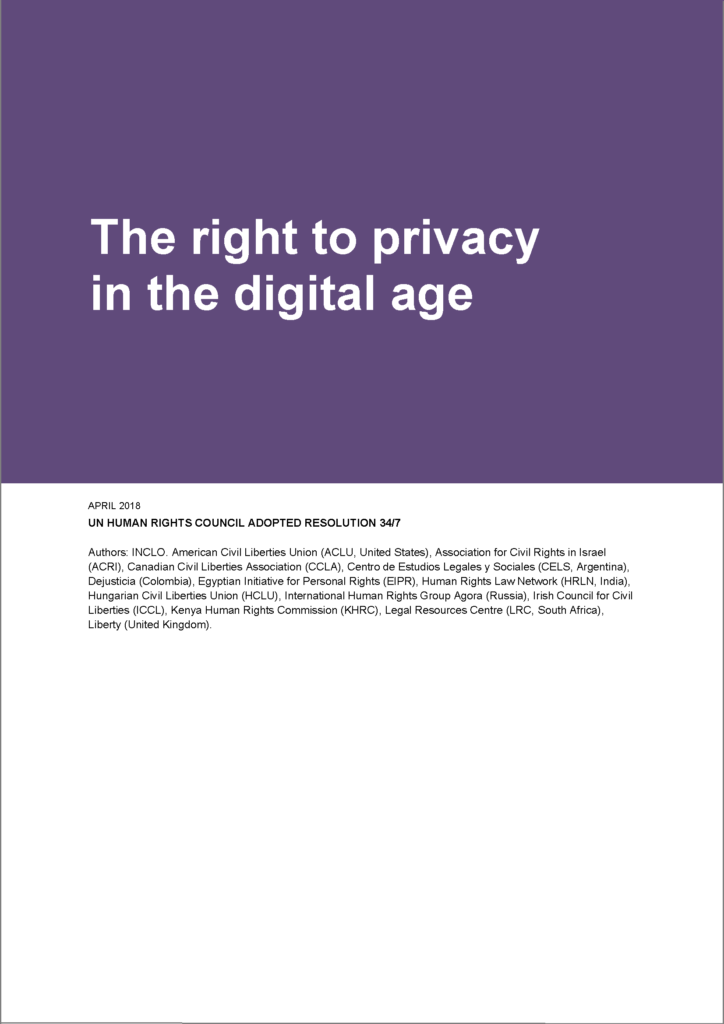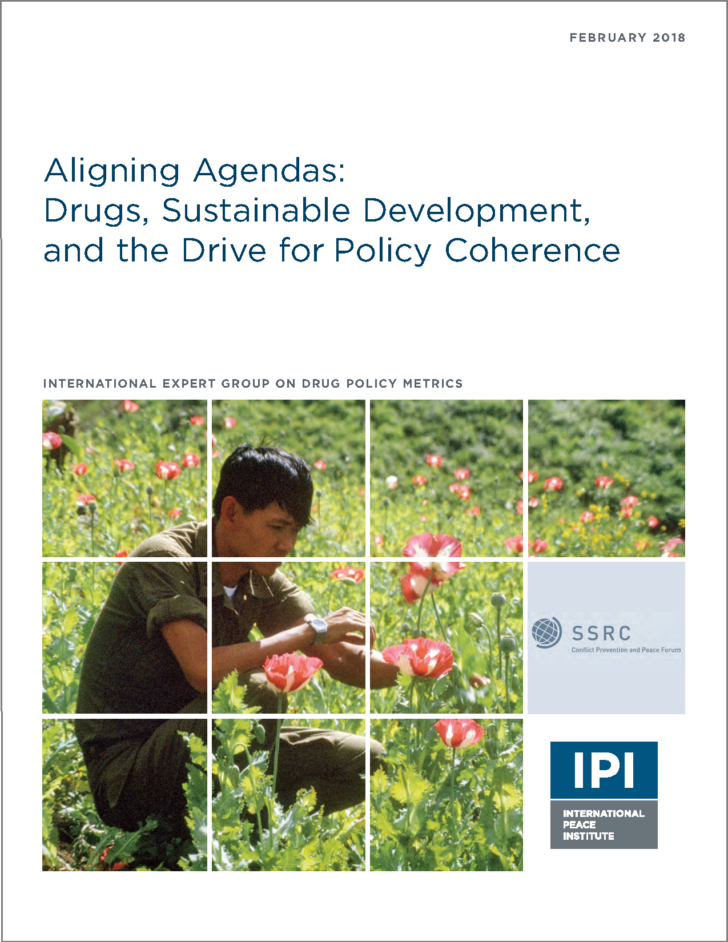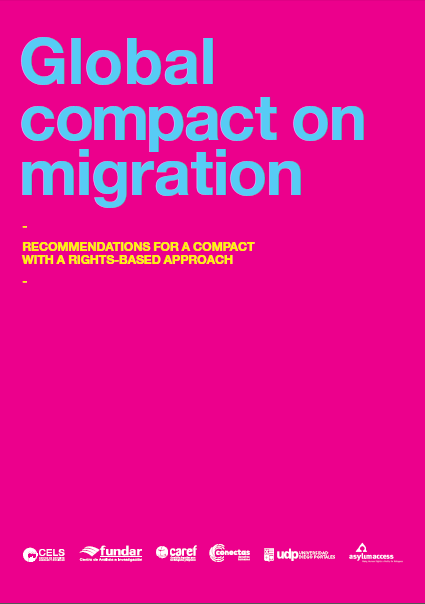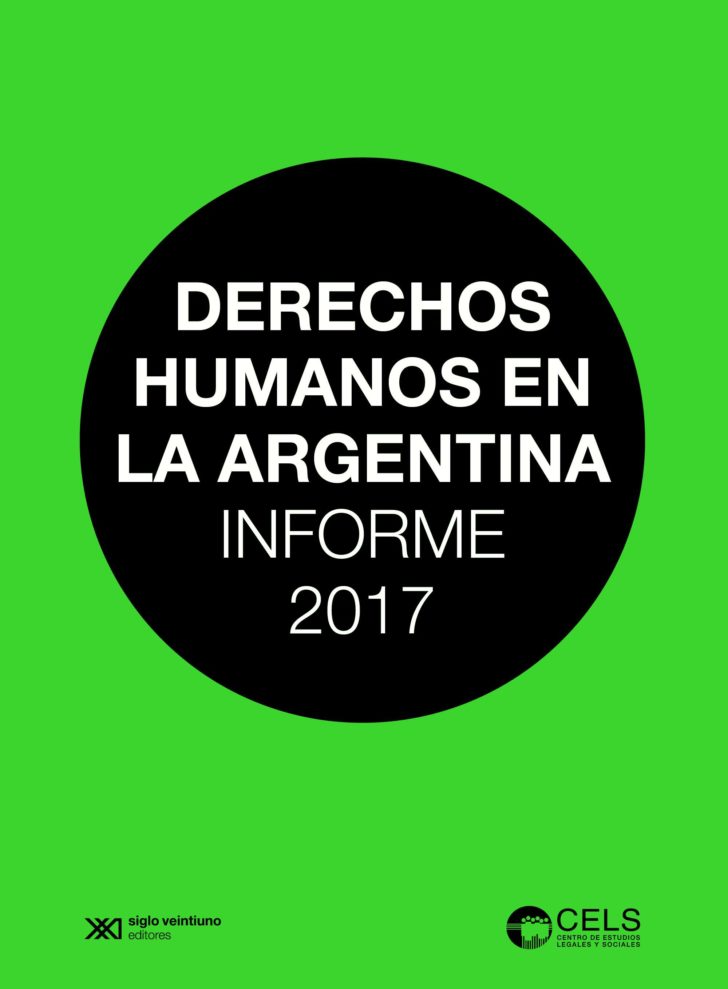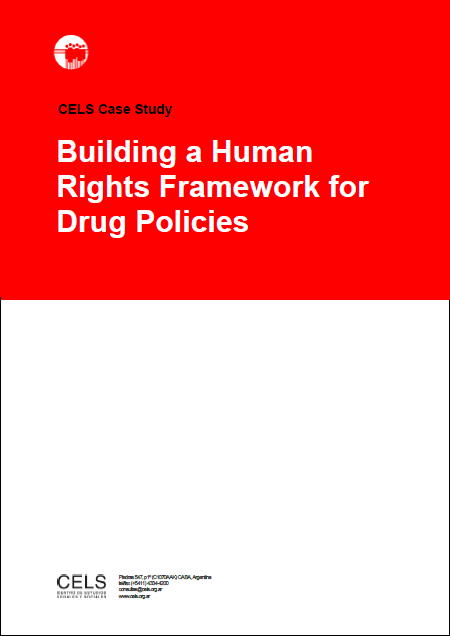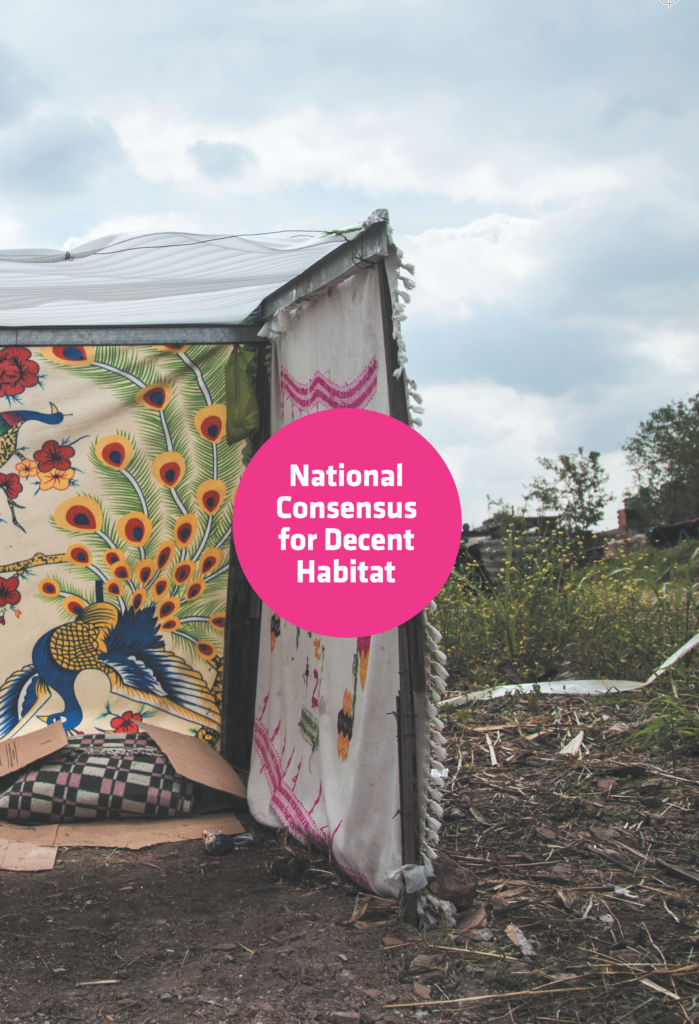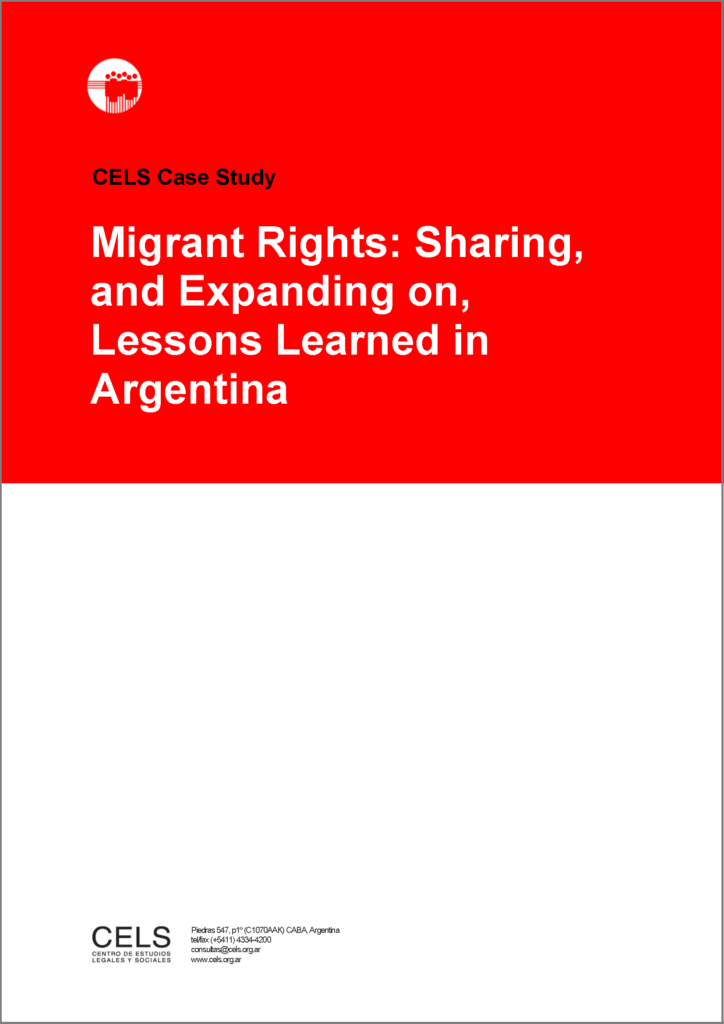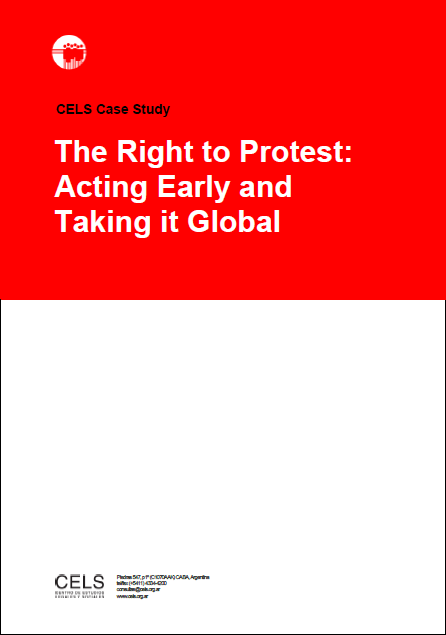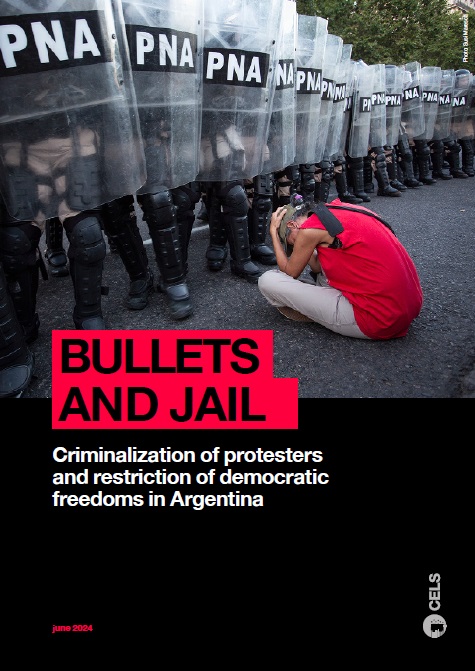
Bullets and jail: Criminalization of protesters and restriction of democratic freedoms in Argentina
In the past six months, protesting in Argentina has become a crime. Those who take to the streets to demonstrate risk being victims of repression, arbitrary detentions, imprisonment, and serious charges. Police violence is not investigated. In Buenos Aires alone, 665 people have suffered injuries—including vision loss—and 80 people have been detained. We have prepared this special report analyzing the various policies and strategies of Milei’s government to discourage, obstruct, and harass those who want to protest in the streets.

14 pages
10 July 2024

